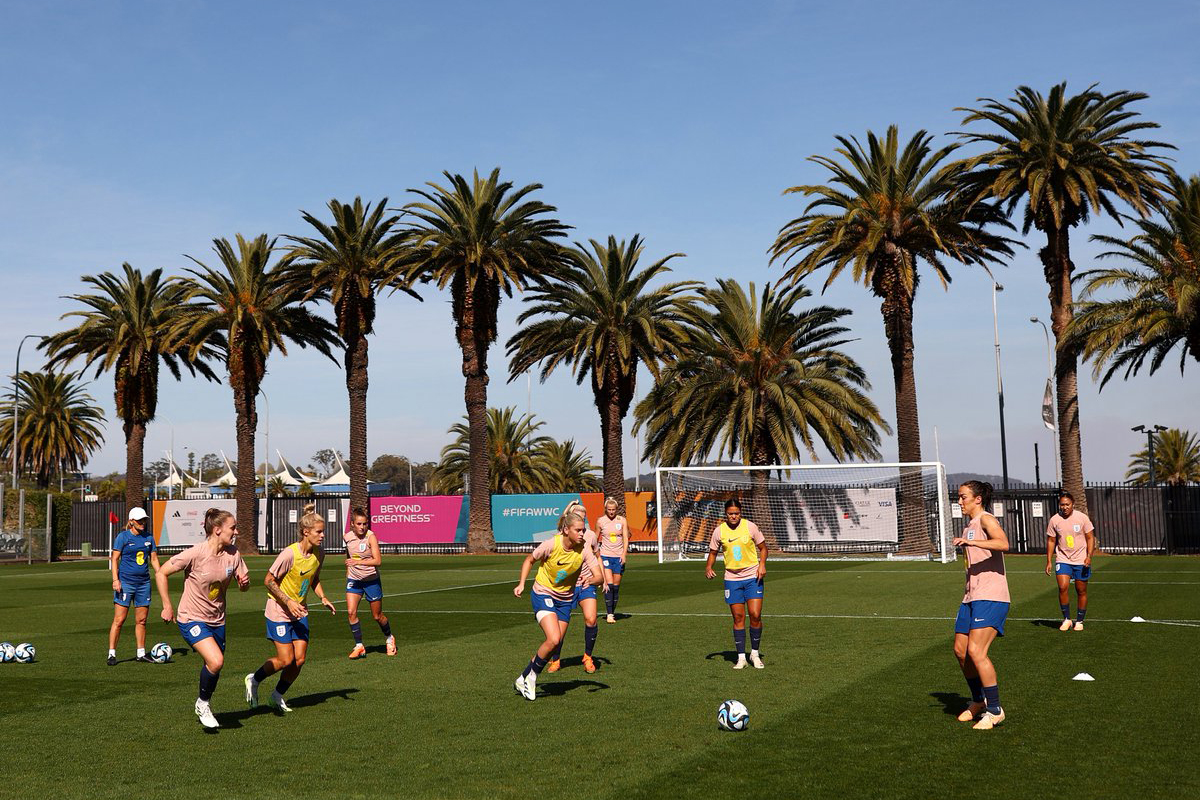When I first heard news of Bob Bradley’s hiring at Swansea City, I was surprised. I was surprised that the former United States boss had gotten the job over Ryan Giggs, the man who seemed the odds on favorite for the Swansea selection while Francesco Guidolin ran through the motions in what the Italian manager knew were his final days in charge. I was surprised that an American coach without much for an internationally respected pedigree had beaten out a Premier League legend and former captain of Wales and Manchester United.
Then I felt a genuine happiness. I was happy for Bob Bradley. He’s a hard working man and a good leader, and someone who deserves to be given the chance to succeed at the next level of club coaching. I was happy that an American was managing in the Premier League for the first time.
Then I felt a bit of suspicion. I was suspicious of Bradley’s selection being directly tied to the nationality of Swansea’s two fresh American owners, Steve Kaplan and Jason Levien, as well as club adviser Landon Donovan. I was also suspicious of the influence, or lack thereof, from Swansea City Supporters Trust, who still own a 21% stake in the club. They are one of the main reasons why the club is still in existence, and any decision of this magnitude being made without their consultation would be somewhat scandalous.
I felt a bit of distaste for the way that dirty laundry had been aired in public by the Swansea front office. Though it’s sadly becoming part and parcel for this modern soccer industry, Guidolin was not treated ethically, and the football his 17th place side was playing was by no means horrendous. In a 2-1 loss at home to Liverpool (Guidolin’s final match in charge), the team was in large waves fantastic, and the loss was as cruel of a result as any this season.
Then I felt worried. I was worried (and still am) that Bob Bradley would be unfairly forced to carry the weight of American Soccer on his shoulders. His success at Swansea could open the door for more qualified American soccer managers who aspire to ply their trade in top European leagues. His failure could pull that door closed even tighter, hammer a nail and stick a latch.
I’ve had the luxury of a few days to digest the news, to hear from people in Wales, England, and the United States. I’ve learned that I’m nowhere near alone in any of my feelings.
A lot of people expected Giggs to get the job. Sure he doesn’t actually have any head coaching experience, but his playing career and time as an assistant at Manchester United are more credentials than most possess. Plus, you’re not going to find a better microcosm of Swansea’s existence as the only Welsh side in the Premier League than a man viewed as a footballing god by Welsh fans, mostly for his accomplishments in the aforementioned competition. It seemed like the perfect time, place, and manner to give Giggsy a shot.
At the end of the day, experience does matter. While it was only in MLS, Norway, and the second division of France, Bradley’s experience automatically made him a more “qualified” head-coaching candidate than Giggs. Combine that with his international tenures at the helm of the U.S. and Egypt, and Bradley’s resume is one littered with moments of achievement and notable leadership.
The United States performance in the 2009 Confederations Cup, namely a 2-0 win over reigning European and soon to be World Cup Champions Spain (who were in the midst of a 35-match unbeaten run) is an accomplishment that still holds some clout. His exuberant “Cardiac Kids” of 2010 in South Africa are remembered fondly by far more than just American fans.
His time as manager of Egypt is as important of an international soccer coaching tenure as any of the modern era. Bradley was nicknamed the “American Pharaoh” for his guidance of the national team through the Egyptian Revolution of 2011, the subsequent Arab Spring, and of course the horrible tragedy that was the Port Said Stadium disaster.
In his return to club coaching, he took on another challenge, venturing to Norway where he became the first American to manage in a top-flight European league. He took Stabaek to a place in the Europa League before departing for France, where he came within a whisker of guiding Le Havre back up to Ligue 1. Bradley is arguably the most decorated and courageous American soccer manager of all-time.
While endearing, none of these feats are viewed with anything resembling astonishment by the British football crowd, which brings us back to the perceived bias from the American owners. While some still have a nagging suspicion, a report from BBC Wales stating that Steve Kaplan and Jason Levien had no prior relationship with Bradley, and that Landon Donovan had nothing to do with the selection process has significantly quieted the initial cries of predisposition. To be quite honest, when you look at the group of men that were interviewed for the job (Giggs, former Derby County gaffer Paul Clement, and former Sevilla boss Marcelino), Bradley simply won out a relatively weak competition of willing and able candidates for the Swansea position.
It seems as if Bradley was hired for all the right reasons. What’s wrong is the way it happened. It has been verified that Swansea City Supporters Trust were not made to be a part of the hiring process, issuing a formal statement saying that they were “disappointed” at the way things were handled, also making reference to the poor and very public fashion in which Francesco Guidolin and his staff were treated by the club.
Now let’s get to the worry, and the two ton weight of this perpetual chip on the shoulder of American Soccer as a whole. Bradley is being mocked, relentlessly, in England and Wales. He’s being staunchly defended by most journalists and pundits in the States. Some feel like this “Yanks don’t understand football” attitude is part of what fueled players like Brad Friedel, Brian McBride, John Harkes, and others who truly paved the way for American players abroad, and specifically in the Premier League.
While it can be twisted into a positive, the problem with buying into the inferiority complex is that an American’s failure will then be met with the same hyperbole as one’s success. The defensiveness that I’ve seen from so many American journalists in responses to Bradley’s selection being criticized by people across the Atlantic simply plays into the whole idea that he has something to overcome as a man from the west side of the pond, in turn piling more pressure on his back. People seem surprised that some folks in a footballing culture so often plagued by primitive views of the world around them would have disparaging things to say about a Yank taking over a club in the English top-flight. If you hear some nationalist crap, don’t take the bait. Laugh it off.
Former USMNT defender and Fox Soccer Analyst, Alexi Lalas, tweeted the following:
Bob Bradley is American. It’s baggage. U.S. players know it well. Performance can confirm/change perception and open/close doors. It’s life.
— Alexi Lalas (@AlexiLalas) October 3, 2016
An English colleague wrote me in response to those words from Lalas. “Bradley’s baggage is that he doesn’t have any baggage. No one over here knows who the hell he is.” (I told that colleague he’s the guy who managed a 1-1 draw against England at the World Cup. “Oh,” he said, “you mean the Rob Green game?” Still no respect for the Americans.)
Could Bradley perhaps channel a little inspiration from those who speak negatively about him purely based on his nationality? Yes. Does his nationality have any bearing on his overall quality and qualifications as a coach? Absolutely not. So let’s just let him be a football manager, and judge him solely on his performance against the other 19 bosses of the underworld known as the Premier League.
Let’s see if new leadership can help Swansea distance themselves from the quicksand of the bottom three. Let’s let Bob Bradley be a top-flight coach who happens to be an American. Let’s give the guy a chance to succeed.





